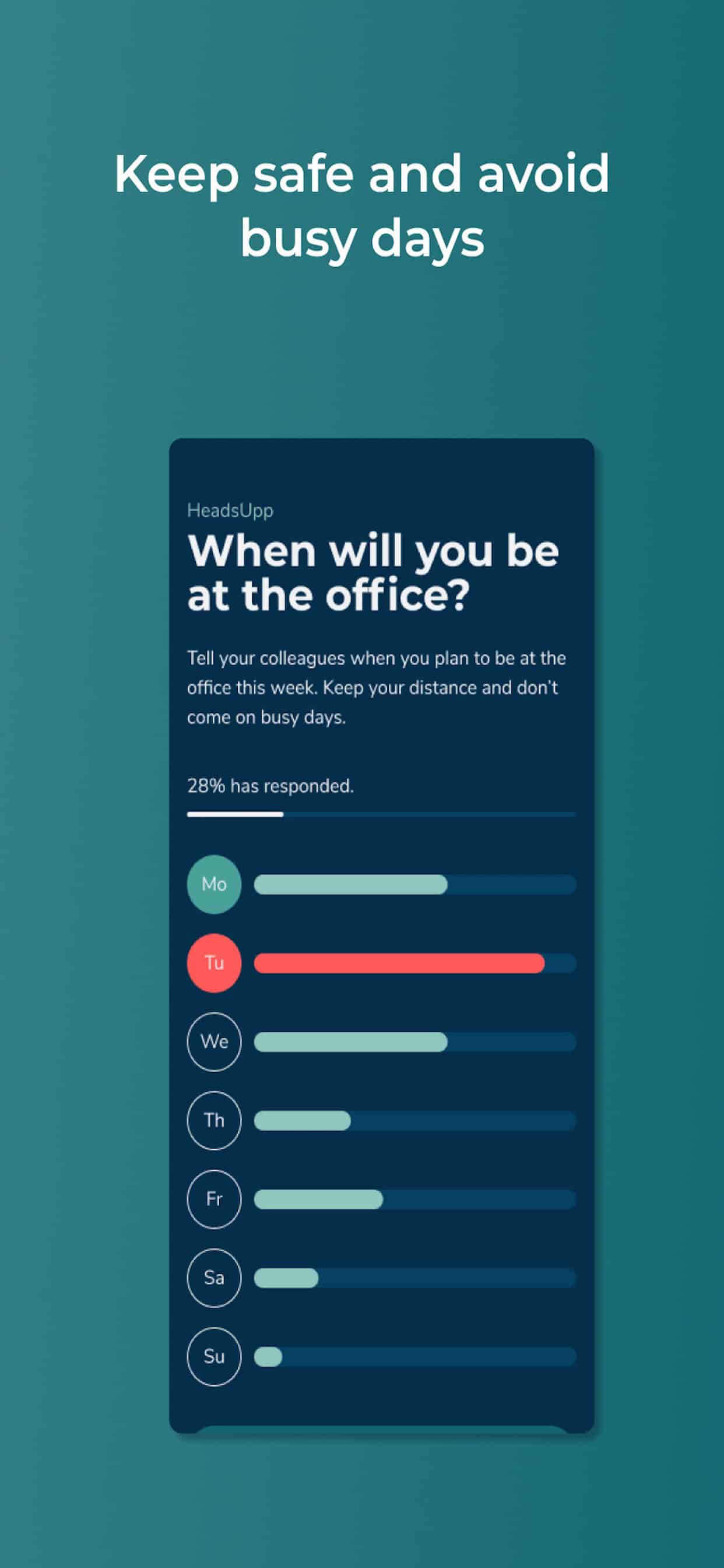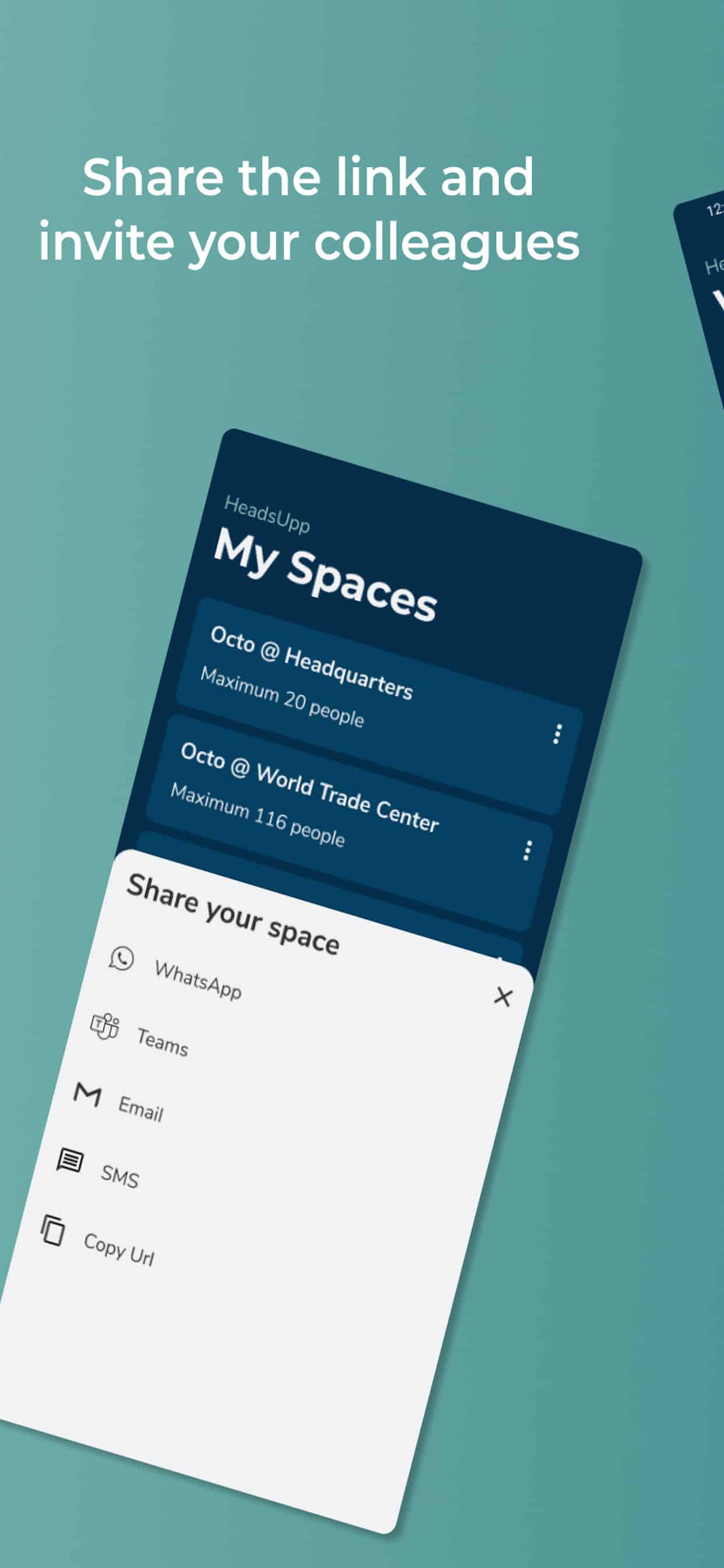How One Woman Is Fighting COVID-19 With Low-Code
COVID-19 has demanded a heavy toll on our way of life and has touched virtually every corner of our planet. Many families have lost loved ones, and many more are unable to physically embrace their friends and family from fear of further spreading the virus.
The general guidance is largely the same no matter where you go: keep at least 6 feet (2 meters) apart at all times, and reduce face-to-face interaction wherever possible. As we do our best to return to our new normal, businesses are required to ensure that the office environment does not negatively impact the livelihoods of their employees, their customers, and their communities.
From Smart-Buildings to COVID-19
Octo, a smart-building solution provider based out of the Netherlands, leverages low-code and a sophisticated combination of AI, open-source libraries, and publicly available images to create a front-end serving smart building insights.
Their main product offering focuses on data related to building maintenance and occupancy levels, helping their customers to save costs by simplifying the maintenance planning process.
Given the challenges of maintaining social distancing guidelines when returning back to the office, businesses must resort to reduced occupancy levels in their buildings. This fact was not lost on the tech lead of Octo, Marieke Dijksma. As the lead on her team, she developed an app in a single workweek that will help combat the spread of COVID-19 by ensuring that there are never too many people in Octo customers’ offices on any given day.

The Woman Driving the Effort
As businesses reopen, employees’ health must be kept top of mind. Maintaining social distancing guidelines will be challenging as we return back to office life.
To maintain these guidelines and keep occupancy levels low, businesses are currently using a dizzying array of Excel files, emails, and other inefficient tools to manage flow in and out of their buildings. This leads to a number of issues:
- Version management
- Data cleanliness
- Lack of user verification
Octo recognized the issues their customers are facing due to COVID-19 and wanted to build a solution that will “help with the safe reopening of [their] offices.”
Having worked with low-code to productize their consulting service, Dijksma turned once again to Mendix to create an app that solved this problem.
Aptly titled ‘HeadsUpp,’ this new app allows users to indicate the days they plan to come into the office and sends a notification to their coworkers to give them a heads-up about their arrival. This will help determine whether or not there is ample space for employees to come into the office.

Initially, the idea was to build the app from the ground up. However, based on the UI mock-ups and the limited development-time, Dijksma soon decided that this application would be the perfect opportunity to leverage low-code.
With the mock-ups complete, the team was ready to create the first version of the app in Mendix.
Safety, Well-Being, and a Low-Commitment Entry to Smart-Buildings
With HeadsUpp ready for use, Octo is providing its customers with a safe method to return back to their offices. Along with safety and well-being, HeadsUpp will save valuable time for office managers.
Maintaining COVID-19 guidelines is a new expectation for businesses. By providing a simple way to manage occupancy, HeadsUpp is saving an estimated 4 hours of new, unexpected work a week for office managers.
Not only will HeadsUpp provide a safer work environment, but the app will also act as a low-commitment entry into their main product offering.
By providing simple functionality through their HeadsUpp app alongside their existing smart-building solution, they are creating a gateway for other services. For the first time, they are moving towards SME customers, in addition to new markets that can benefit from smart-building insights.
Low-Code Game Changer
Octo enhanced their original smart-building product offering quickly to respond to the ever-changing COVID-19 situation.
Dijksma explains that they “spent in total 28 hours of development to get the first version live.” Within a single workweek, Dijksma was able to ideate, iterate, and release the production-ready app in time for their go-live announcement.

In addition to realizing faster time-to-market, low-code has enabled Dijksma to immediately connect to their Redshift database without having to worry about creating and maintaining new connections to their dataset.
Dijksma can quickly connect with and consume Octo’s data from within Mendix, unlocking further opportunities to leverage the mountain of data they are creating.
Instead, she can focus on building functionality and creating a great user experience, no longer worrying about back-end maintenance.
Living in a COVID-19 Future
The future of the office space is uncertain. With many countries still experiencing outbreaks, it is unclear when we will go back to the office life we grew so accustomed to.
Despite the uncertainty, Octo was able to bring a simple solution to market that helps to maintain a healthy working environment for its customers.
With low-code at her disposal, Dijksma is delivering solutions that can save lives, providing safer offices, and bring new business opportunities for Octo.